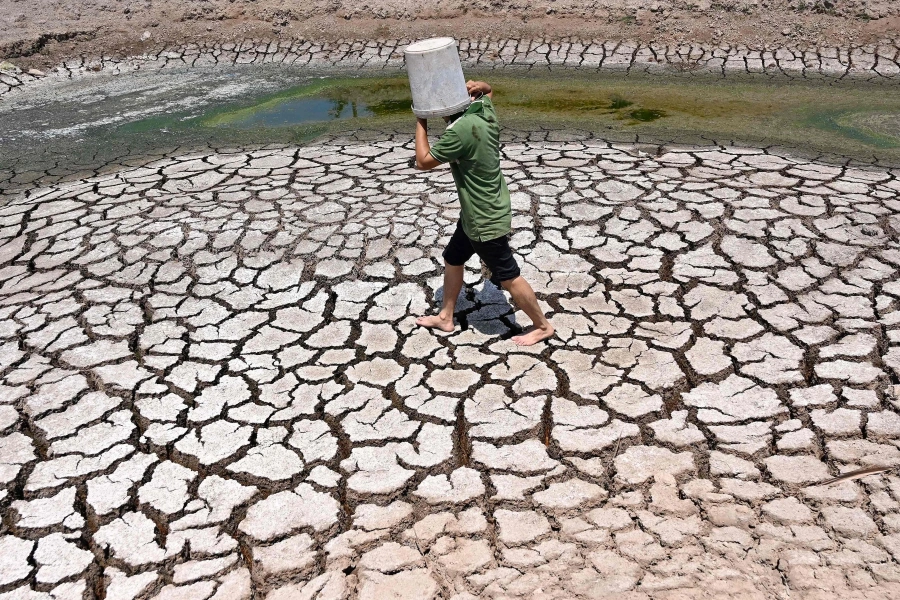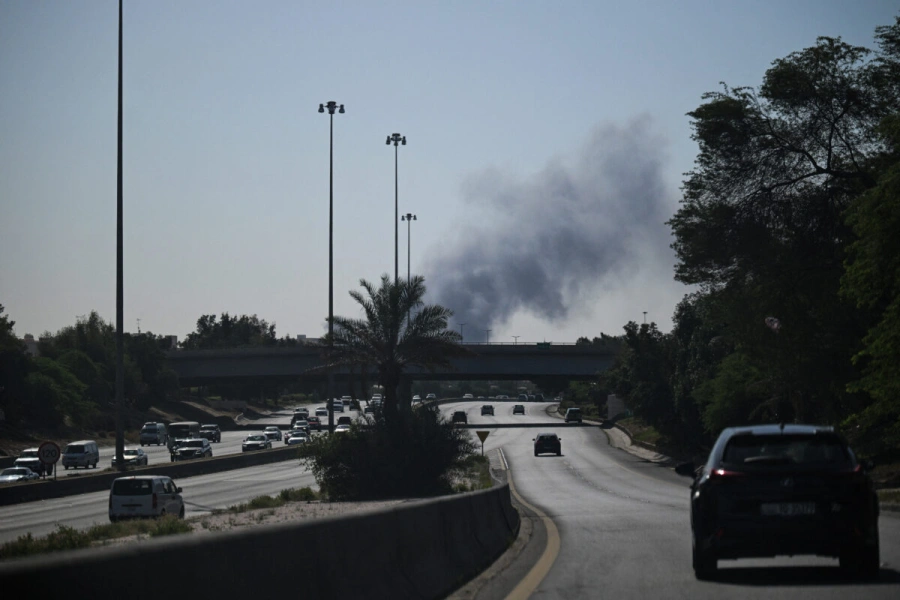KATHMANDU, Nov 26: After successfully holding the local elections, the Election Commission (EC) is conducting the first round of elections to the central parliament and provincial assemblies today under the new constitution promulgated in September 2015 which ended years of chronic political instability that emerged with Maoists' armed struggle against the government in 1996.
As part of conducting the polls in two phases, the election is taking place in 37 electoral constituencies of 32 districts on Sunday. Altogether 702 candidates are in the fray for the positions of 37 members of central parliament and 74 members of provincial assemblies.
Out of the total 15.4 million voters, 3.19 million voters will cast their votes in the first phase elections whereas the remaining voters will have to wait until December 7. The EC has urged voters to reach their respective polling centers and exercise their democratic rights in a free and fearless manner. Polling officers have been told to manage special arrangements for physically disabled people, senior citizens, pregnant women, nursing mothers and sick people.
The second phase of elections, however, will take place in the remaining 45 districts of the country on December 7.
Parties missing deadline in some districts allowed to contest p...

With the completion of these elections, a 175-member central parliament will be elected in the center while 350 members of provincial assemblies will be elected in seven provinces for the next five years. The provincial states will be named and they will have own law to run own government. The local polls conducted earlier this year after a hiatus of 20 years have already elected the chiefs and members of 753 local units.
A large number of security personnel including the army have been mobilized to ensure poll security. EC officials inspected various remote parts of the country on helicopters to assess poll preparations. Chief Election Commissioner Aydohee Prasad Yadav and commissioner Ila Sharma visited Dolpa and Nuwakot districts respectively before briefing the media about the poll preparations.
"I am also excited for the polls as most people whom I met today in various parts of the country are really excited. Unlike them I am a bit worried if any force disturbs the elections," CEC Yadav told Republica, "Thus, let's first make this election a success and we all will celebrate its together."
Like many voters, CEC Yadav hopes the polls will pave the way for political stability thereby leading the country towards prosperity. Eleven prime ministers have taken the charge of government since the comprehensive peace accord was signed between the then Maoist rebels and government in 2006. "This election will implement the first constitution promulgated through the Constituent Assembly and federal democratic republic will be further strengthened ending the protracted political deadlock," said CEC Yadav.
On an average, each government completes less than a year term as none of the party commanded majority to rule the government and parties frequently changed their stances to promulgate the new constitution.
Unlike previous practices of contesting the election separately, two major communist parties - CPN-UML and former rebel CPN (Maoist) now rebranded as CPN (Maoist Center) - have forged an electoral alliance against the governing Nepali Congress. Maoists and UML have vowed to garner a majority in the elections and forming a communist government. In their joint election manifestoes, the two communist parties have promised their voters of merging the parties into one after the elections.
The Nepali Congress, too, has forged an electoral alliance with pro-monarchist Rastriya Prajatantra Party in certain electoral constituencies.
"It's an important step to implement the constitution. Let's hope, this election will pave the way for political stability and development in the coming days," said former Chief Election Commissioner Bhojraj Pokharel, who successfully conducted the 2008's CA elections.
The first CA elected in 2008 was dissolved without accomplishing the given mandate of promulgating the constitution despite extending its term repeatedly. The second CA elected in 2013 promulgated the constitution in September 2015.



































